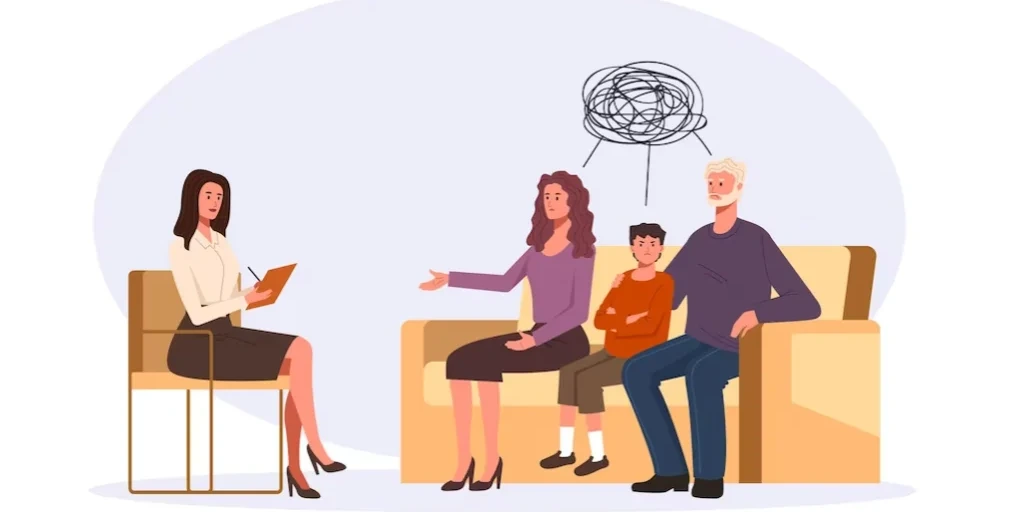24/7 Helpline:
(866) 899-111424/7 Helpline:
(866) 899-1114
Other Insurance Options

WellPoint

ComPsych

Health Partners

BHS | Behavioral Health Systems

Aetna

MHNNet Behavioral Health

State Farm

Choice Care Network

Excellus

Health Choice

AllWell

Anthem

United Health Care

Evernorth

Providence

Holman Group

BlueShield

UMR

Kaiser Permanente

Sutter














